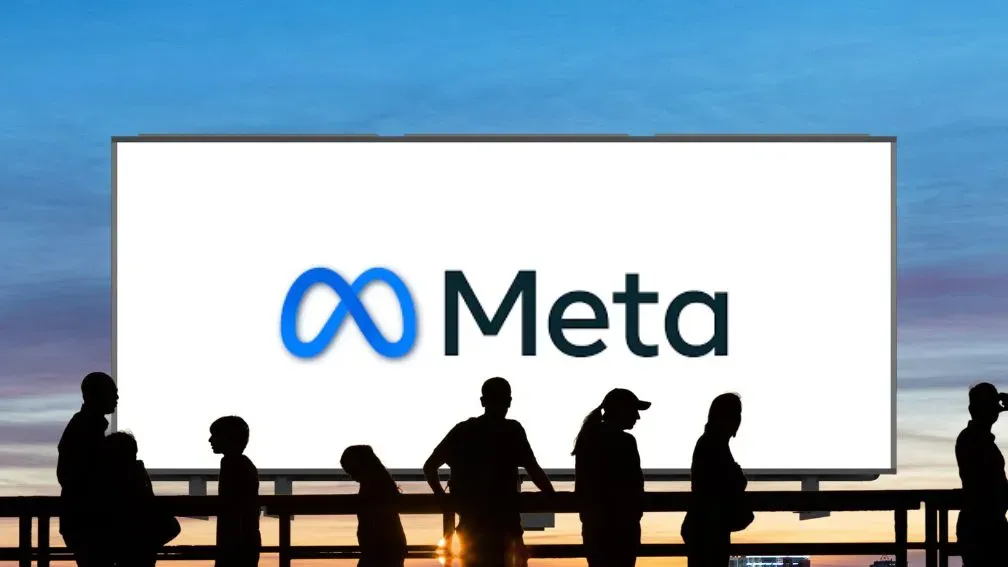Meta is facing fresh criticism over its advertising policies, following a recent report by the UK-based Open Rights Group. The report titled, Profiling by Proxy: How Meta’s Data-Driven Ads Fuel Discrimination, highlighted that ads promoting awareness are subject to stricter rules than those on gambling promotions.
It also revealed the contradiction at the heart of Meta’s ad system. While public health messages on gambling harm are flagged as political content, gambling ads bypass major restrictions. ORG found that educational and advocacy ads require political disclosures, identity verification, and inclusion in Meta’s Ad Library.
Conversely, ads, including those promoting free-to-play social casino apps, often face minimal regulatory scrutiny, as they are not classified as real-money gambling. Therefore, gambling companies have been exploiting this loophole in Meta’s targeting tools.
Targeting Vulnerable Users Through Behavioural Profiling
The report reveals that Meta’s systems, particularly the Meta Pixel installed on gambling websites, collect and process sensitive behavioural data without user consent. A single visit to a gambling site can result in a surge of targeted ads across Facebook and Instagram, even for users with a known history of addiction.
Dent, the report’s author, warned that Meta’s data-driven ad model enables precise profiling, including the inference of user value to gambling operators. These systems track user behaviour down to the website sections visited and their betting patterns. So, operators can build intimate consumer profiles and deliver targeted ads with alarming precision. Dent argues that this level of surveillance poses a serious public health risk.
Legal and Regulatory Pressure Mounting
Regulatory agencies across Europe are taking notice. In a landmark UK High Court ruling, Meta’s profiling system was implicated in a former addict’s relapse. Sky Bet, the gambling firm involved, was reprimanded by the Information Commissioner’s Office for sharing user data with Meta.
Meanwhile, Romanian and Italian authorities have issued formal warnings and fines to Meta for allowing unlicensed gambling ads on its platforms. Despite the new marketing rules imposed by the UK Gambling Commission in 2025, the standards do not extend to third-party platforms like Meta. Critics argue this leaves a regulatory blind spot, facilitating data-enabled exploitation.
Call for Reforms and Accountability
Industry experts and campaigners are calling for urgent policy updates to plug these loopholes. Though Meta recently tightened its gambling ad policies to curb underage targeting and regulate influencers, campaigners insist there’s more to be done.
“This qualifies as a failure in responsible gaming practices,” said Michael Pollock of Spectrum Gaming Group. Experts urge that if regulators cannot act, policymakers must pressure tech giants to stop profiting at the expense of public health.

 Companies
Companies 





